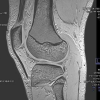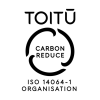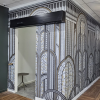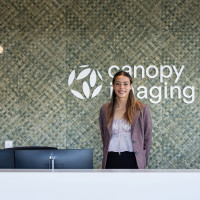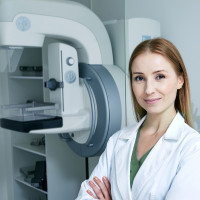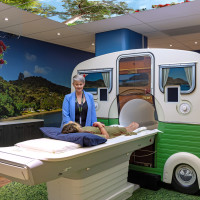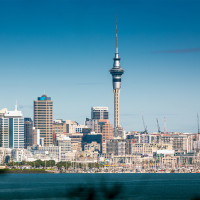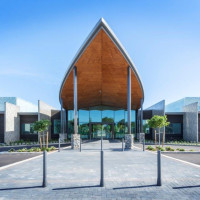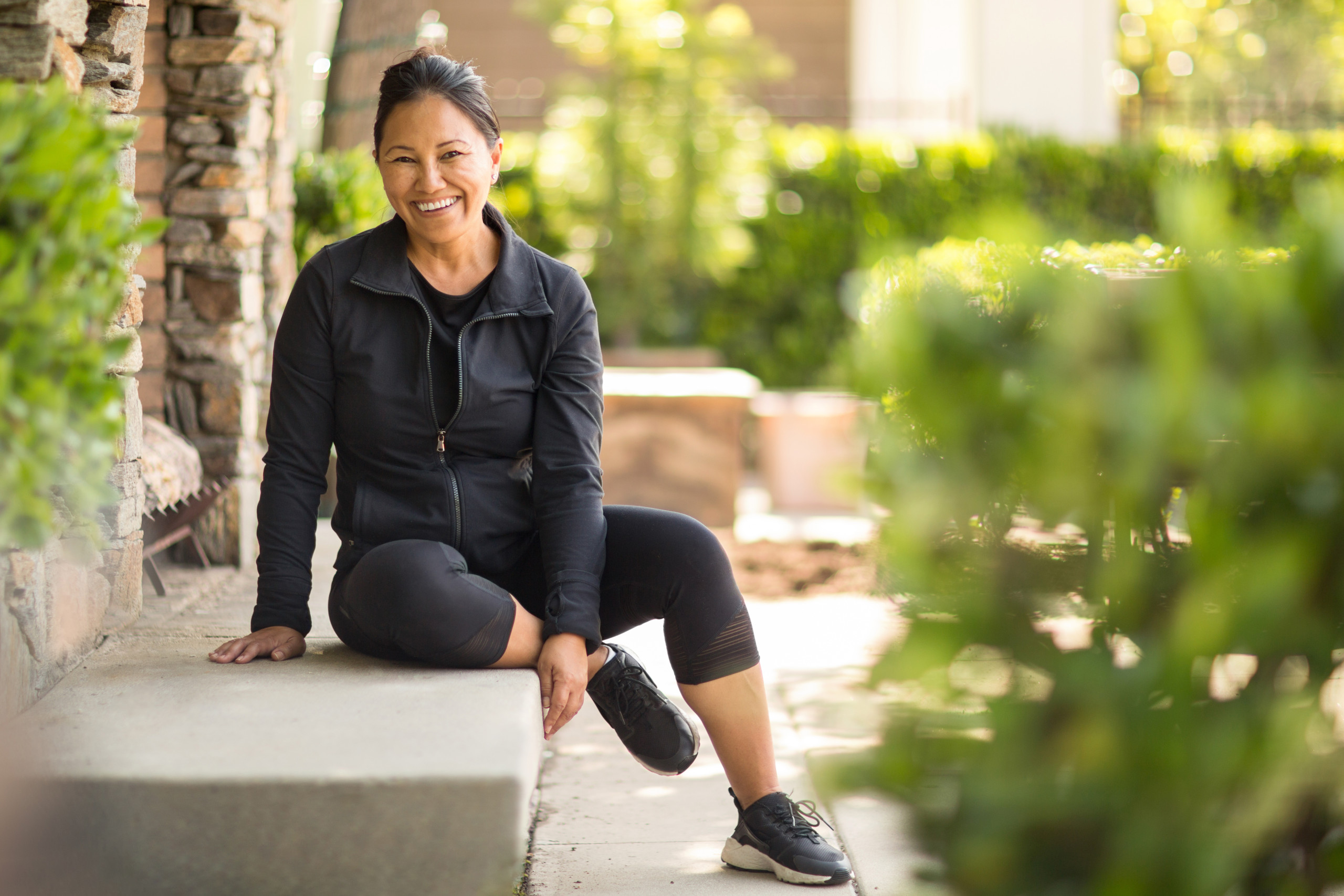
A Quick Scan for Stronger Bones
As we get older, our bones naturally get thinner (less dense) and weaker. In osteoporosis, this bone loss happens faster and is severe enough to make bones fragile and more likely to fracture (break), even from a minor bump or fall. Osteoporosis doesn’t cause any symptoms, so most people don’t know they have it until they break a bone. The best way to identify loss of bone strength early, before it leads to fractures, is by having a bone density scan.
Bone density scanning is also called dual energy X-ray absorptiometry (DEXA or DXA).
What is a Bone Density Scan?
A bone density scan is a safe, painless imaging test that uses a very low level of radiation to assess the strength and thickness (density) of your bones. It does this by measuring the calcium content of your bones in areas such as the spine and hip. It’s the most accurate way to identify if you already have osteoporosis or assess your risk of developing it. Repeat scans can be used to monitor changes in your bone density over time and the effect of treatment for osteoporosis.
Who Should Get a Bone Density Scan?
Bone density scanning is recommended for women aged 65 years and older, and men aged 75 years and older.
But it’s not just for older people. You may also benefit from bone density scanning if you have any of the following, particularly if you’re over 50 years of age:
- A fracture caused by a minor fall or accident
- Loss of height or change in posture
- Use of long-term medications that affect bone strength (like steroids and some treatments for breast or prostate cancer)
- Family history of osteoporosis or hip or spine fracture
- Low body weight or a history of an eating disorder
- Medical conditions like coeliac disease, inflammatory bowel disease, or rheumatoid arthritis
- Early menopause (age 45 years or younger)
- Low testosterone levels (in men)
- Smoking or high alcohol intake
You may need bone density scanning once every 3-5 years depending on your initial results and whether you have risk factors for osteoporosis, or are prescribed medications to treat it.
What is Osteoporosis?
Osteoporosis is a condition where bones lose calcium and other minerals, making them weaker, thinner, and more likely to break – it may only take the slightest impact. The lower the bone density, the greater the risk of fracture.
Bone density naturally falls with age in both men and women. This can happen rapidly in women after menopause but happens gradually and later in men. Bone density that’s lower than normal but not as severe as osteoporosis is called osteopenia. If you have osteopenia you are at risk of developing osteoporosis.
Why Is Early Detection Important?
Osteoporosis is the leading cause of fractures (broken bones) in postmenopausal women and older men. These can lead to chronic pain, deformity, disability, and loss of independence.
Because it develops gradually and silently, you may not be aware you have it unless you have a fragility fracture (a broken bone that occurred more easily than it should) or notice you’re getting shorter (due to weakening and compression of the bones of the spine). By this time, bone loss is already advanced.
A bone density scan helps catch osteoporosis early, allowing you to take steps to maintain or improve your bone strength.
These may include:
- Maintaining a healthy body weight
- Stopping smoking
- Limiting alcohol intake
- Getting adequate calcium in your diet and vitamin D from sunlight exposure
- Regular weight-bearing exercises (this includes walking as well as resistance training)
- Medications to slow or reverse bone loss and reduce risk of fracture
What to expect during your appointment
On the day of your scan wear clothing without buckles, buttons or zips. You will lie on a padded examination table while the scanning arm passes over part of your body, usually your lower spine and hips. It won’t touch you. The scan doesn’t require any injections or special preparation, and causes no discomfort. It takes about 20 minutes and the results will be sent to your doctor.
Where can I get a Bone Density Scan?
Canopy Imaging Hawkes Bay Regional Sports Park
Canopy Imaging Palmerston North
Absolute Radiology, New Plymouth
